Eggs are very valuable and universal food products. Find out how to properly store them and keep them fresh for a long time, preventing food waste both in commercial kitchens and at home.

Eggs are very valuable and universal food products. Find out how to properly store them and keep them fresh for a long time, preventing food waste both in commercial kitchens and at home.
There are not many food products as universally used as eggs. They are an excellent source of protein, vitamins A, D, E and K, as well as valuable minerals: potassium, phosphorus and calcium. They are great for eating directly (e.g. fried or boiled), and also a basic ingredient of many dishes – cakes, omelettes, pancakes, etc.
With appropriate storage conditions, eggs can be kept fresh for a very long time. This will allow you to buy larger quantities and keep them for later use, which is especially useful in commercial kitchens, as egg farms usually offer favourable wholesale discounts.
Where can you store eggs?
The best place to store eggs at home is in the refrigerator. Many fridges have special shelves for storing eggs, most often located at the top of the door. Storing eggs this way can be a bit problematic – you will have to take them out of their packaging, and they will be exposed to constant temperature fluctuations each time you open the refrigerator. On top of that, they will also be exposed to the risk of accidental breakage when taking other items out of the refrigerator.
Therefore, it is best to keep the eggs in closed packaging, placing them on the middle shelf. Try to store them pointy end down, which will keep the yolk centred and keep any bacteria as far as possible from the yolk.
If you keep a lot of fruits in the fridge (like cherries for example) remember to always put them on a different shelf than the eggs. The same applies to open yoghurts or vegetable salads. Raw eggs should not be kept next to products for direct consumption, because their shells may contain pathogenic salmonella.
How long can you store eggs? Conditions
Eggs can be stored for a long time, although exactly how long depends on the temperature. For example:
- above 20 °C, fresh eggs will last for around a week,
- below 20 °C, eggs can be left for approx. 3 weeks,
- in a refrigerator (2-8 °C) they will stay fresh for even a month.
The above recommendations are for eggs in their shells. Once broken, they should always be refrigerated and consumed within 3 days. The same applies to boiled and peeled eggs. You can keep hard-boiled eggs in their shells for a week.
Before using eggs that have been stored for a long time, it is easy to check if they are still fresh by placing them in a bowl of water – fresh eggs will sink to the bottom. You can also carry out organoleptic testing – if after breaking an egg it looks and smells normal, then it is probably ok.
How can you recognise if an egg has gone bad? Fresh eggs will have bright orange yolks and thick, cloudy whites, and they will definitely not have an unpleasant smell. Eating a bad egg – even after cooking it – can result in food poisoning.
Eating raw eggs contaminated with salmonella will be much worse. So it is better to avoid products made with raw eggs, such as tartare, if you are not sure of the quality.
Required conditions for egg production
Special conditions must be met by farms specialising in the rearing of laying hens. Anyone planning to become a farmer should know them.
After collection, the eggs are kept in special storage facilities. If the temperature in them exceeds 18 C, they are then collected every third working day. The eggs are then sorted, stamped and packaged. On the label you will find information about the number of eggs, quality class, farming method (barn, cage, free range), as well as details of the packing facility: its name, exact address and a special numeric code.
If the temperature in the storage is below 18 °C, the eggs can be collected once a week. This has the advantage that it can significantly lower transport costs . Therefore, many producers invest in specialised farm equipment, such as large refrigerators or cold rooms.
According to European law, eggs stay fresh for 28 days after being laid by the hen. The use-by date on the packaging should therefore correspond to this date.
Long-term storage of eggs in commercial kitchens
It is extremely important to properly store eggs in premises serving food: bars, restaurants, canteens, etc. HACCP in commercial kitchens requires keeping documentation regarding how eggs should be handled. Also remember that due to the risk of salmonella infection, they must be sterilised. The following methods can be used:
- Boiling in water at a temperature of at least 65 C. This process kills the bacteria on the shell, but may not be sufficient if bacilli have penetrated the shell.
- Irradiation, which also destroys the bacteria inside.
Raw eggs should be kept refrigerated (2-5°C) until the expiry date specified by the manufacturer, and should be separated from other food products.
For convenience, powdered eggs and pasteurised liquid eggs are more and more often used in commercial kitchens. Powdered eggs can be stored for 2 years, while bottled liquid eggs have a shelf life of up to 6 months.
Freezing eggs
Eggs can also be frozen. However, do not put whole eggs in the freezer as the shell will crack and the yolk will take on an undesirable, hard structure. So it’s best to freeze liquid eggs in marked boxes:
- whole eggs, previously mixed,
- separated whites,
- separated yolks – you will need to add a little salt or sugar to them so that they don’t become rubbery.
Do not freeze soft-boiled or hard-boiled eggs as they will become watery and lose their taste. Frozen raw eggs can be stored for about a year, while egg dishes (e.g. quiches) can be stored for up to 3-4 months.
Long-term storage of eggs – summary
Properly stored eggs will stay fresh for a long time. This is important information for people who plan to build a chicken coop in their garden, farmers, owners of catering companies, and anyone who buys large amounts of eggs for home use. If you intend to store eggs for a long time, the most important thing is to keep them at a sufficiently low temperature. So it’s best to keep them in a refrigerator or freeze them.
An interested fact worth noting is that a method has been developed in Asia making it possible to store eggs for a long time without lowering the temperature. So-called century eggs, specially preserved with a mixture of clay, ash, salt, quicklime, and rice hulls can be kept for several weeks to several months unopened.
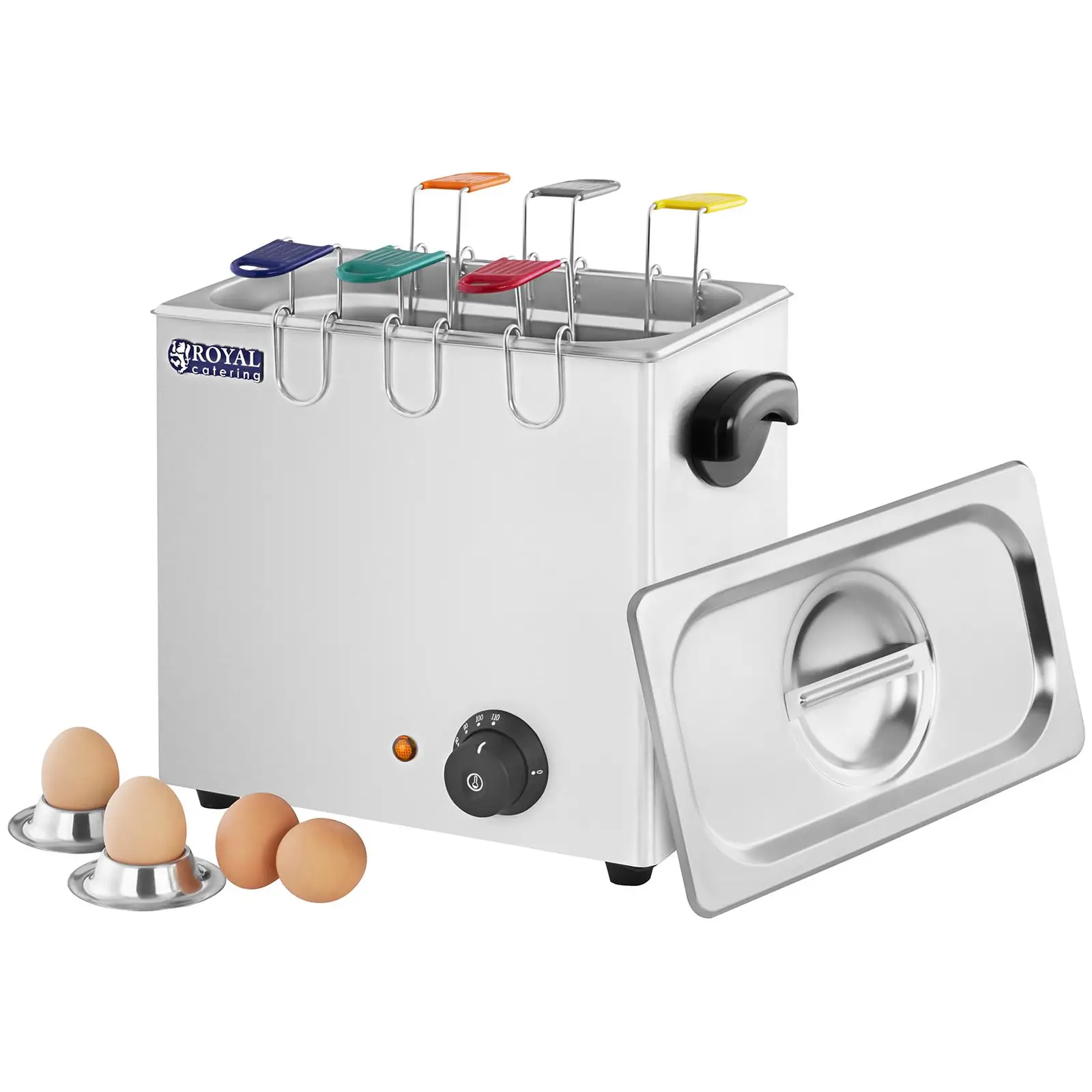
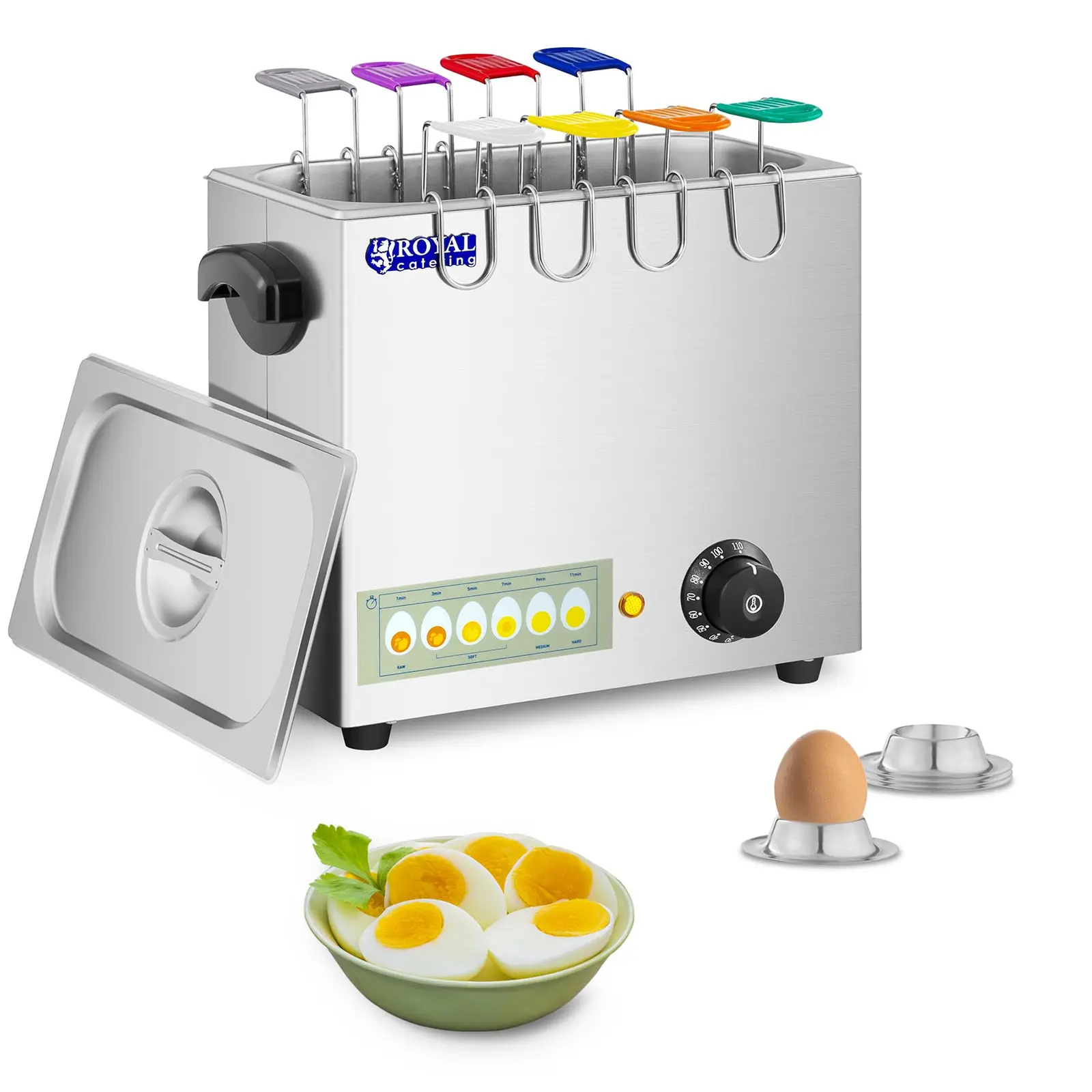
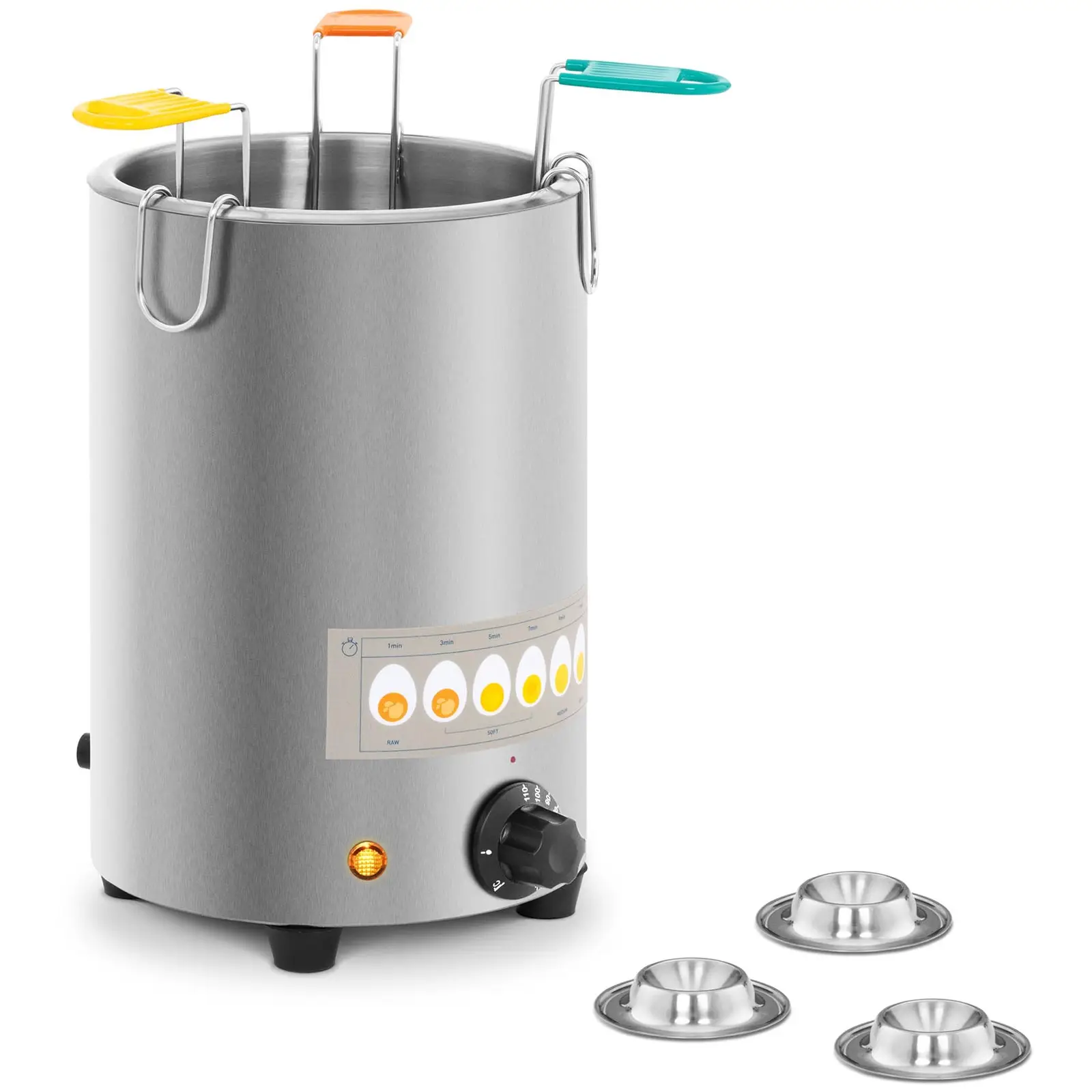
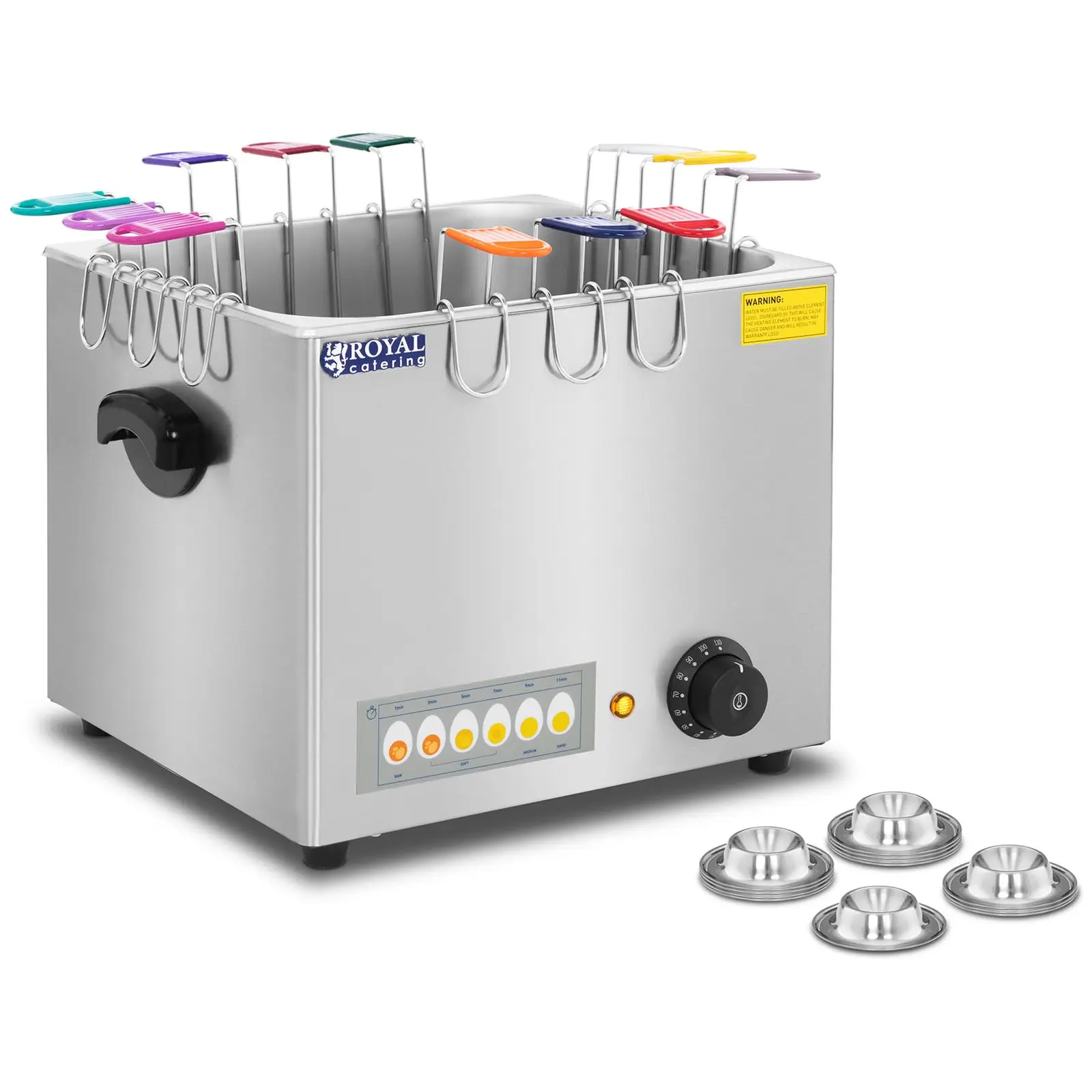
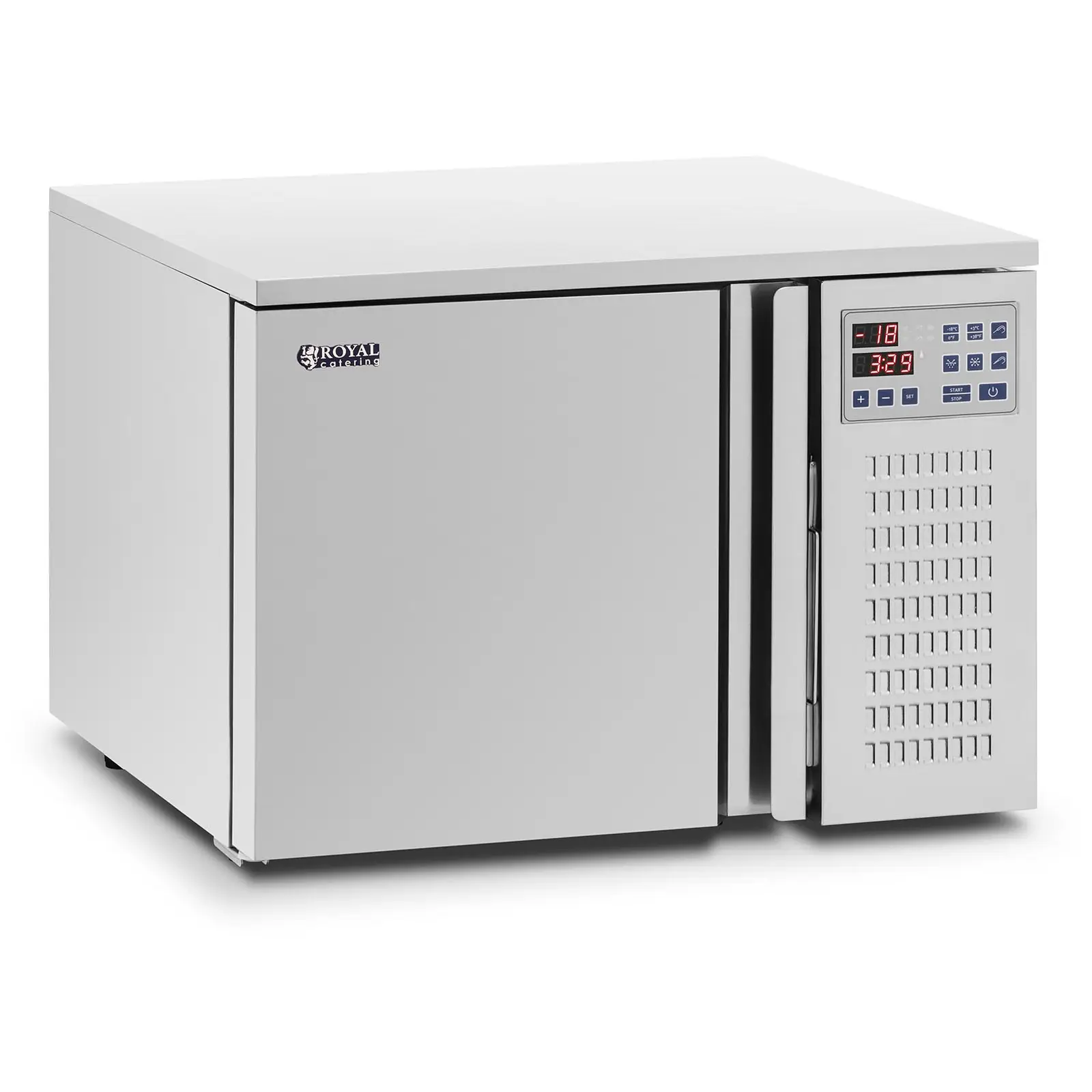
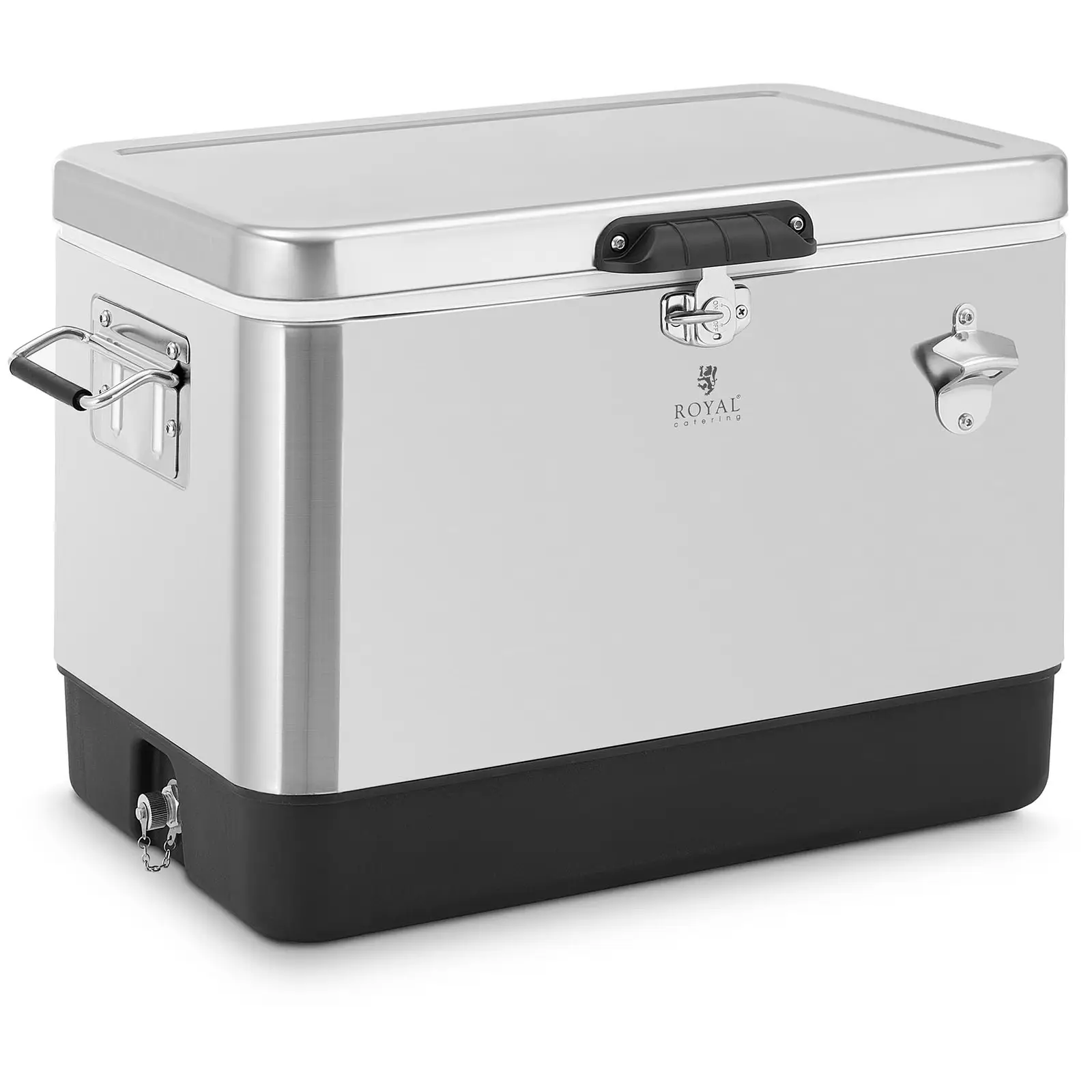
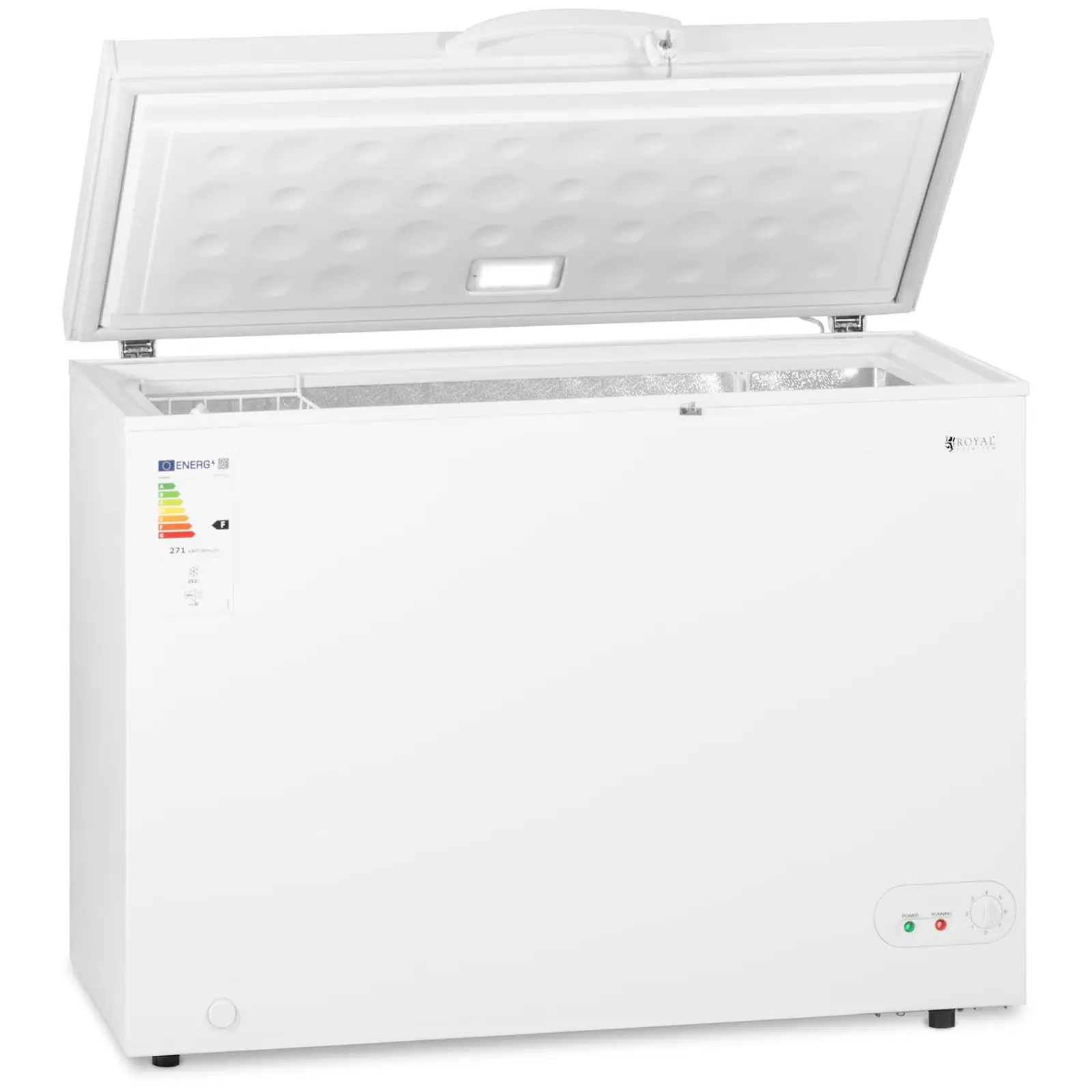
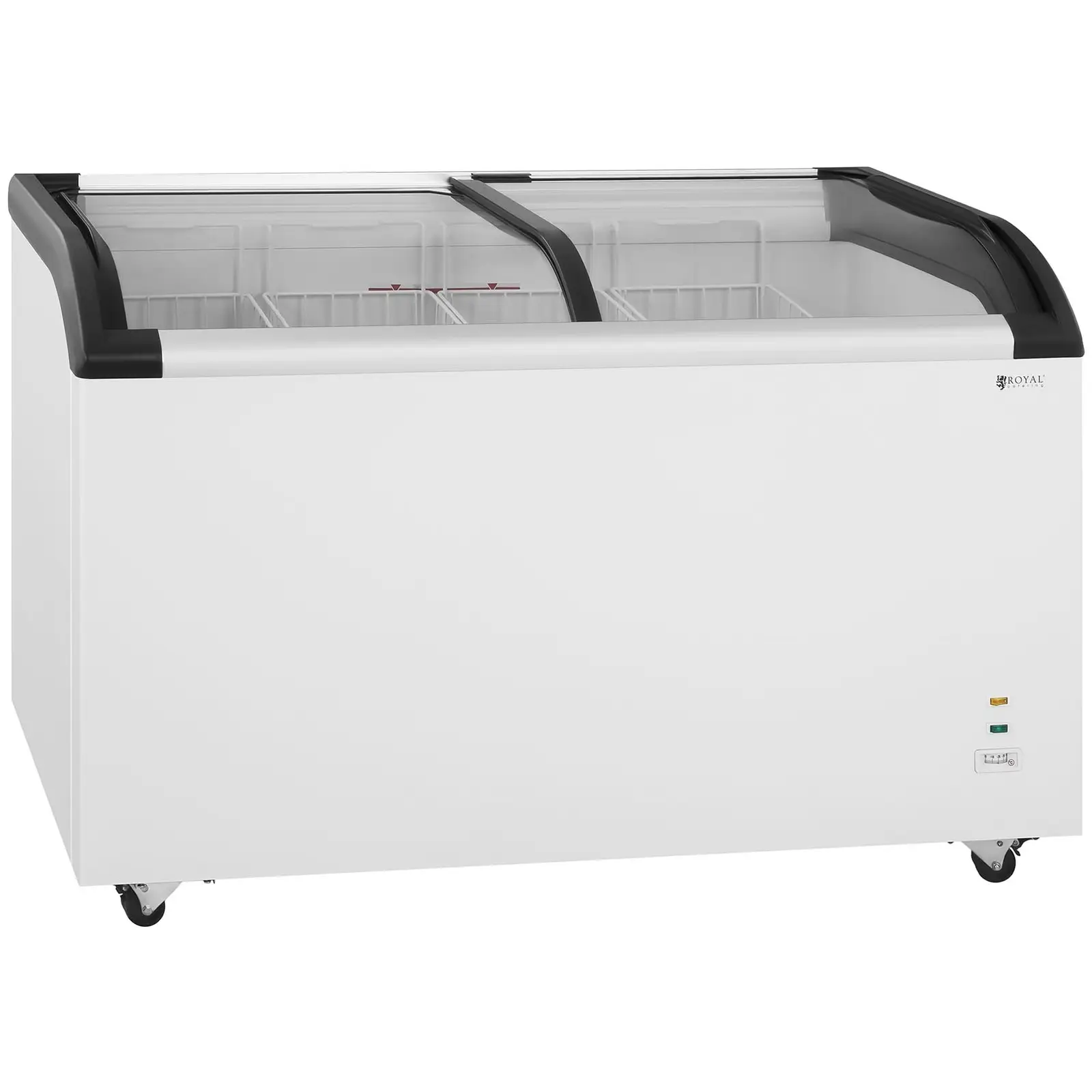






Share